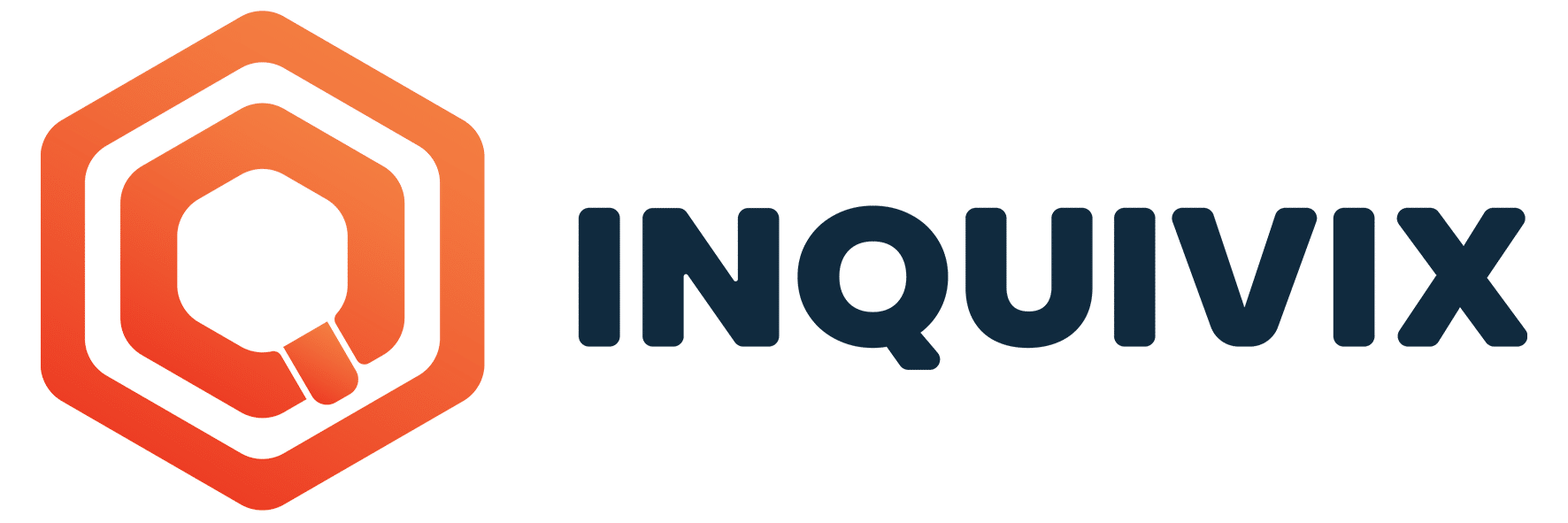Inquivix HQ
1-903, 18 Eonju-ro 146-gil,
Gangnam-gu, Seoul, Korea
06057
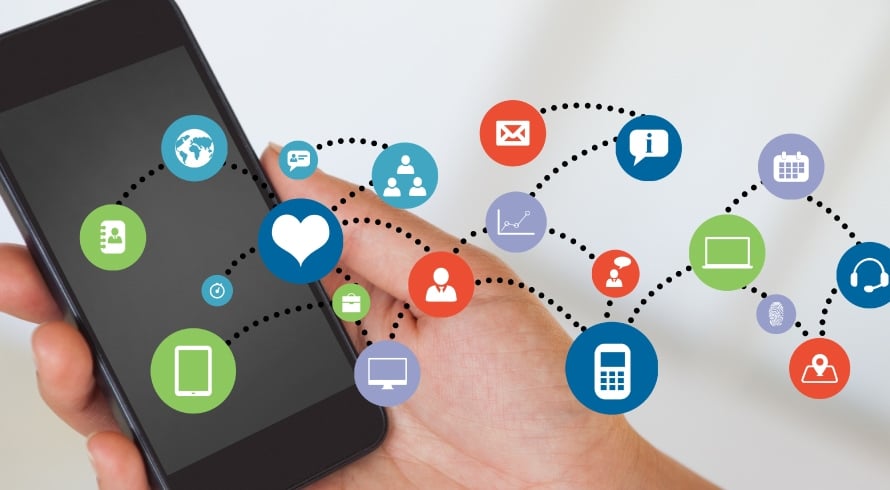
Pros and Cons of Social Media – Have you ever been scrolling through your Facebook feed and thought, “Man, I should really get off of this thing?” Or maybe you’ve been LinkedIn stalking people you barely know and realized it’s not really productive. If so, you’re not alone.
Social media can be both a blessing and a curse. On the one hand, it’s a great way to stay connected with friends and family all over the world and a great marketing tool for businesses. But on the other hand, it can be addictive and time-consuming. So what’s the verdict? Is social media good or bad for us? Here are the pros and cons to help you decide.
What Is Social Media?
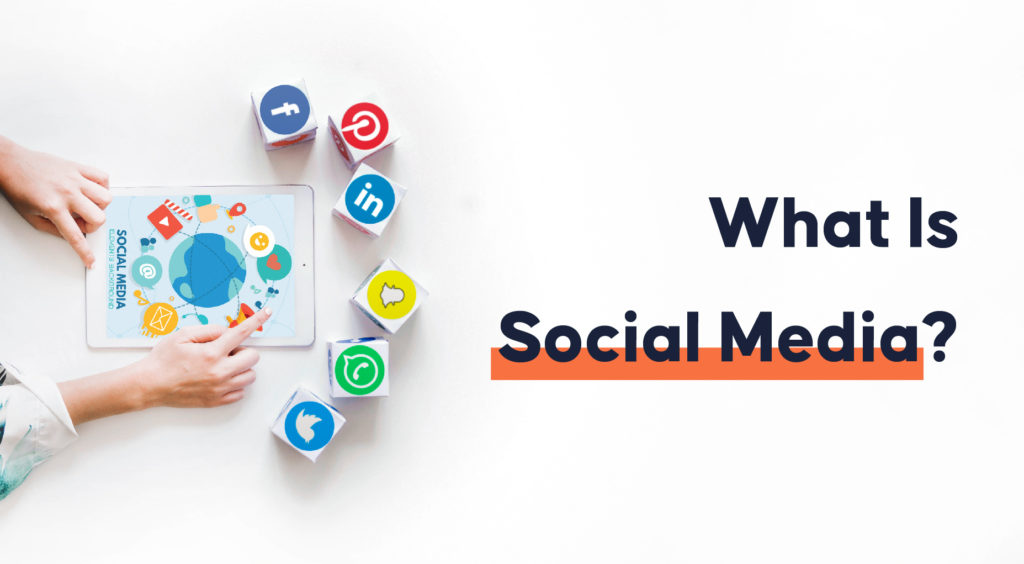
The term “social media” refers to internet-based sites and applications that encourage communication, social interaction, input, content sharing, and collaboration. While most individuals use social media mainly to stay in touch with friends and family, a considerable amount uses it for other purposes as well. Businesses use social media to connect with customers, promote their products and services, and learn what their customers want.
The Different Types of Social Media
When it comes to social media platforms, there are different types used for various purposes. But they fall under four main categories: social networks; media-sharing networks; community-based networks; and review board networks.
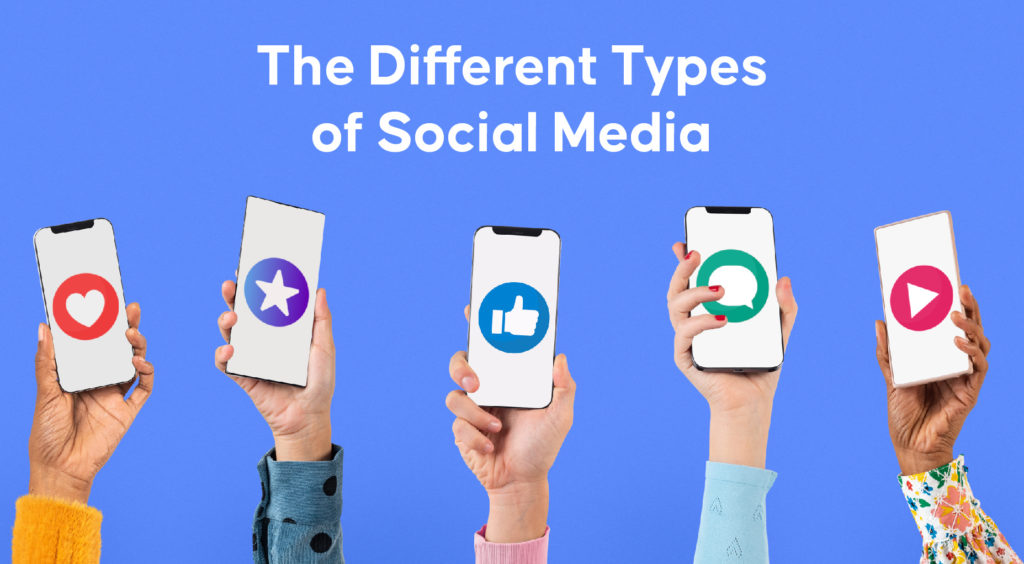
Social Networks
Social networks are websites or applications where users create profiles to share information about themselves with other users. The most popular social network is Facebook, which has over 2 billion active users. Other popular social networks include LinkedIn, Twitter, Instagram, and Pinterest. Sites like Facebook, LinkedIn, and Google+ allow users to create profiles, connect with friends and colleagues, share photos and articles, and communicate directly with other users.
Media-Sharing Networks
This type of site unlike other social media platforms is more focused on the content. The most popular media-sharing networks are YouTube, Instagram, and TikTok which have billions of active users. These platforms allow users to share short videos, photos and live broadcasts with other users. The interactions on these sites are around the content.
Community-Based Networks
Community-based social networking sites focus on in-depth discussions on various topics. A user would leave a prompt or a question to open a discussion and other users would carry on with comment threads. The most popular community-based networks are Reddit, Quora, and Stack Overflow. In general, these platforms have a more professional tone as they are used to discuss specific topics in detail. There are communities formed around specific topics or genres.
Review Board Networks
These networks are formed around reviewing various products and services. Some of the key players in this category are Yelp, TripAdvisor, and Amazon. Members of the community share their experiences with products and services and rate them. This information is then used to help other consumers make informed purchasing decisions.
The Impacts of Social Media
Over the past two decades, social media has become a major part of our lives. It has impacted the way we communicate, collaborate, and consume. Everyday life, from work and shopping to politics, has been affected by social media. It has connected people from around the globe and brought them closer together. And, it has revolutionized how businesses and organizations operate. However, social media has its pros and cons as well. We’ll first take a look at the impact of social media and then the pros and cons of it.
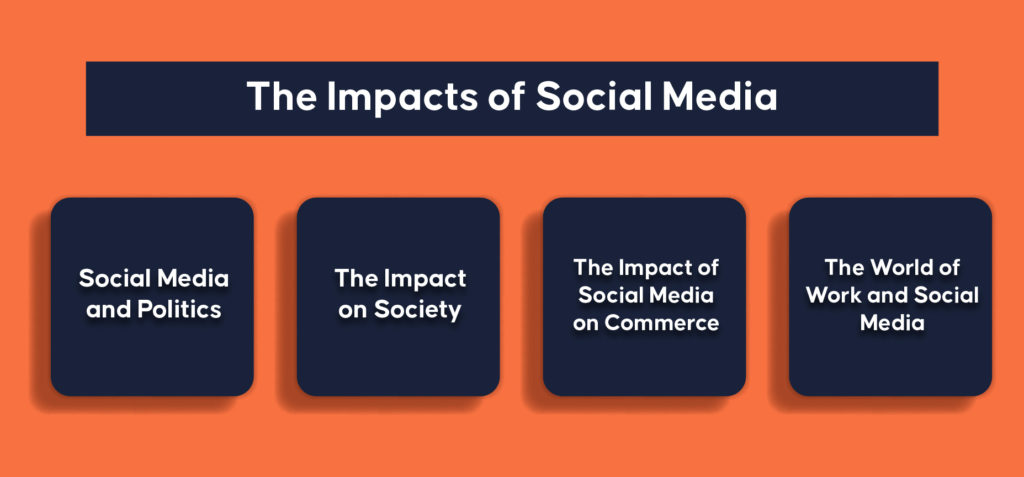
Social Media and Politics
The influence of social media in politics has grown over other traditional media. In the past, political campaigns heavily relied on newspaper advertisements, door-to-door campaigning, and television ads to reach out to voters. Nowadays, social media platforms like Facebook, Twitter, and Instagram have become powerful tools for politicians to engage with potential voters. Social media monitoring can give politicians insight into how voters think.
The Impact on Society
There are billions of active social media users already, and thousands more join every day. They are the fastest-growing communication platforms in history. Social media has had a profound impact on society, both good and bad. On the positive side, it has connected people from all over the world and made it easier for people to get their voices heard. This has given a platform for people to express opinions on social concerns and raise awareness.
The Impact of Social Media on Commerce
In the business world, social media has leveled the playing field. It has given small businesses an opportunity to compete with big businesses by allowing them to reach a larger audience at a fraction of the cost. Social media also allows businesses to collect real-time feedback from customers and create a two-way communication channel.
The World of Work and Social Media
Social media sites have also had an impact on the world of work. Many employers now require their employees to have a social media presence as part of their job description. This is because social media can be used as a tool for marketing and PR. It can also be used to connect with potential customers and build relationships. In addition, social media has made an impact on recruiting with professional networks like LinkedIn. Many recruiters use social media to find and connect with potential candidates.
The Pros of Social Media
Social media has entered into everyday life in a way that no one could have predicted. It has changed the way we communicate, the way we find information, and the way we connect with others. It has impacted almost all aspects of life. The advantages of social media are numerous. Here are just a few that we think are on top of the list.
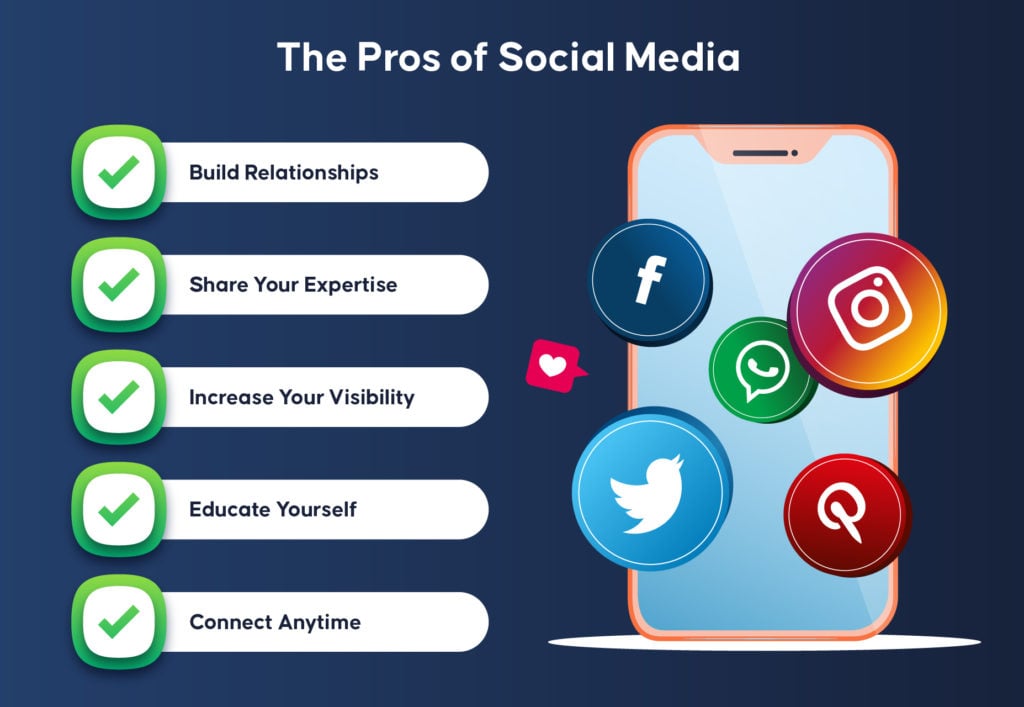
Build Relationships
Social media offers great platforms to build relationships, personal or professional. In the past, building relationships with people outside of your immediate circle was much more difficult. But with social media, it’s fairly easy to meet like-minded individuals and build connections. Especially with professional network building, social media is an extremely valuable tool.
Share Your Expertise
Another advantage of social media is that it opens up opportunities for users to share their expertise. If you’re an expert in a certain field, social media provides platforms where you can share your knowledge and help others. This is a great way to build your personal brand and make yourself more visible in your industry. This would also help you build credibility as a subject matter expert.
Increase Your Visibility
If you are trying to establish a brand identity for yourself or your business, social media can help you with building your visibility. With the power of social media, you can reach out to a larger audience and get your message across to them. This would help you build a strong presence in the online space and make yourself more visible to potential customers and clients. A valuable and sharable social media post can work wonders to increase your visibility.
Educate Yourself
With new content entering the social media platforms every minute of the day, gaining new knowledge is just a click away. Social media can help you educate yourself on a variety of topics and keep up with the latest trends. You can also learn about different cultures and get insights into how people think, by following certain influencers from all over the world. However, you should be careful about the sources that you follow and the information that you believe. Not everything that you read on social media is true, and there is a lot of fake news being circulated. So, it’s important to verify the information before accepting it as the truth.
Connect Anytime
Social media sites operate 24 hours and do not take breaks easily. This makes it possible to stay connected to your audience anytime from anywhere. Some businesses have used this to their advantage by responding to customer queries and complaints even outside normal business hours. This gives them a competitive edge and creates a good reputation for the company.
The Cons of Social Media
Everything comes in pairs, and so does social media. Despite all the pros, social media is not without disadvantages. Let’s explore some of the darker aspects of social media platforms.
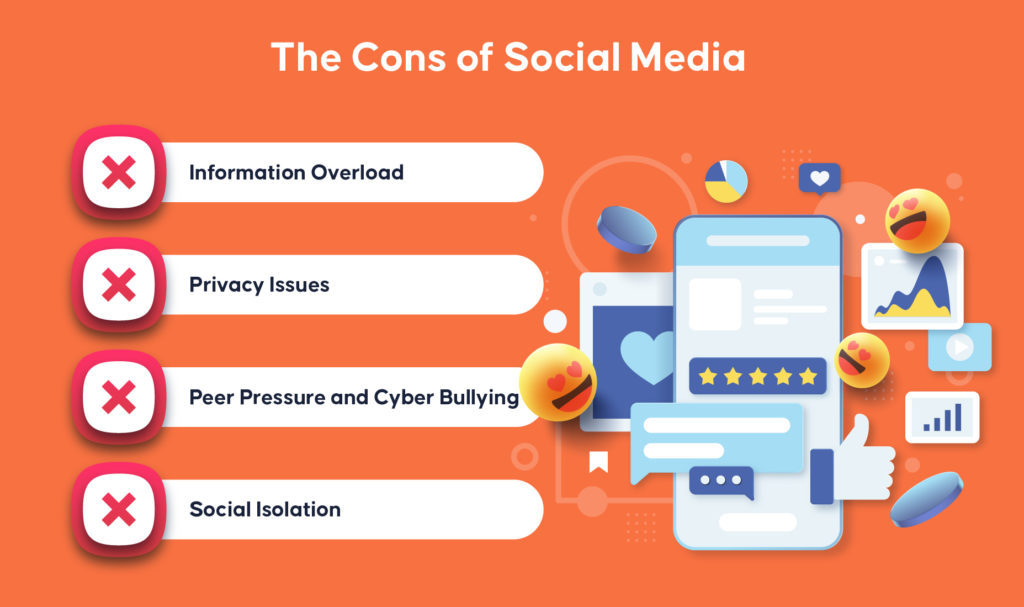
Information Overload
Every second, new content is added to social media. While it is a good opportunity to gain knowledge, it can lead to information overloading. You can get lost in the sea of content and not be able to find what you are looking for. This is especially true for people who are new to social media. The constant flow of information can be overwhelming, and it takes time to learn how to filter out the noise.
Privacy Issues
There is so much information shared daily on social media. While some people are comfortable sharing their life with the world, others are not. The problem is that once you put something out there, it is very difficult to take it back. Even if you delete your account, there is no guarantee that your information will be gone forever. It can be stored in cache memory or copied by someone else. The information you share online can lead to privacy issues.
Identity theft is another big concern. With so much information available, it is not difficult for someone to piece together enough information to impersonate you. This can be used for financial gain or simply to create havoc in your life. So, it is highly advisable for internet users to pay attention to what they share.
Peer Pressure and Cyber Bullying
The online presence can lead to peer pressure and cyberbullying. It can be hard to resist the urge to compare yourself to others when you see their seemingly perfect lives on social media. This can lead to low self-esteem and anxiety. Cyberbullying is also a huge problem, especially for children and teenagers. Social media provides a platform for bullies to anonymously target their victims. This can lead to self-harm and sometimes to suicide.
Social Isolation
Being able to connect online can lead to social isolation. You might find yourself spending more time alone, interacting with people online instead of in person. This can lead to feelings of loneliness, depression, or sometimes personality and brain disorders. You might also miss out on important social cues, like body language, that you would get from in-person interaction. This is a major concern for heavy social media users, especially teenagers.
Conclusion
There are many other risks associated with social media use. It’s important to be aware of the potential risks and rewards of using these platforms. While social media has its dangers, it also has its advantages. Social media can be used to connect with friends and family, share information and experiences, make new friends, and build relationships.
With all of these things in mind, social media can be a great tool if used responsibly. Used properly, it can enhance your life and help you stay connected to the people and things that matter most to you. But letting it control your life can lead to problems. So take some time to learn how to use social media wisely, and be sure to set some ground rules for yourself so that you don’t get caught up in social media.
